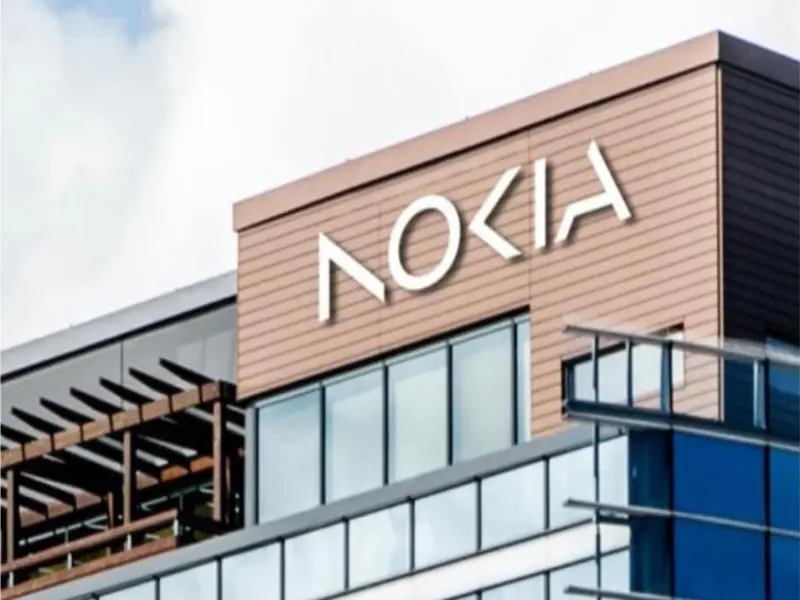- SoftBank and Nokia collaborate to research AI-enabled radio access network systems and 6G technologies.
- The partnership aims to enhance connectivity through real-time data analysis, enabling smart cities and new business models.
OUR TAKE
The collaboration between SoftBank and Nokia marks a pivotal step toward the future of telecommunications. By focusing on AI-enabled RAN systems and 6G technology, they are not only enhancing connectivity but also paving the way for innovative applications in various sectors. This initiative could revolutionise how we interact with technology in our daily lives.
–Lily,Yang, BTW reporter
What happened
Japanese telecom giant SoftBank has announced a strategic partnership with Finnish tech firm Nokia to jointly research and develop next-generation communication technologies. The focus will be on creating AI-augmented radio access network systems using Nokia’s Cloud RAN platform to provide faster and more flexible connectivity. These AI-enabled systems could autonomously manage radio frequencies and traffic flows, allowing for real-time traffic analysis without additional hardware.
The companies emphasise that AI-enhanced RAN could significantly contribute to smart city development, industrial automation, and the emergence of new business models. Under this agreement, both firms will collaborate on advancing 6G networks aimed at delivering more reliable high-speed communication. SoftBank intends to leverage this partnership to address challenges within a digital society.
Also read: Nokia’s mobile networks business attracts Samsung’s interest
Also read: Nokia and TIM Brazil team up for 5G expansion
Why it’s important
The collaboration between SoftBank and Nokia has important implications for the future of the telecommunications industry. By investing in AI-enabled RAN and 6G technologies, the partnership is in line with the global trend toward increased connectivity and smart infrastructure. The potential to automate network management through advanced algorithms can greatly improve efficiency and reliability.
As industries increasingly rely on digital solutions, the creation of smart cities and new business models is likely to drive economic growth. The collaboration highlights the ongoing shift in telecommunications strategy from traditional to innovative approaches, underscoring the role of AI in shaping the industry. While the impact of these advances may take time to materialise, their potential benefits position both companies as frontrunners in the evolving digital communications space.

